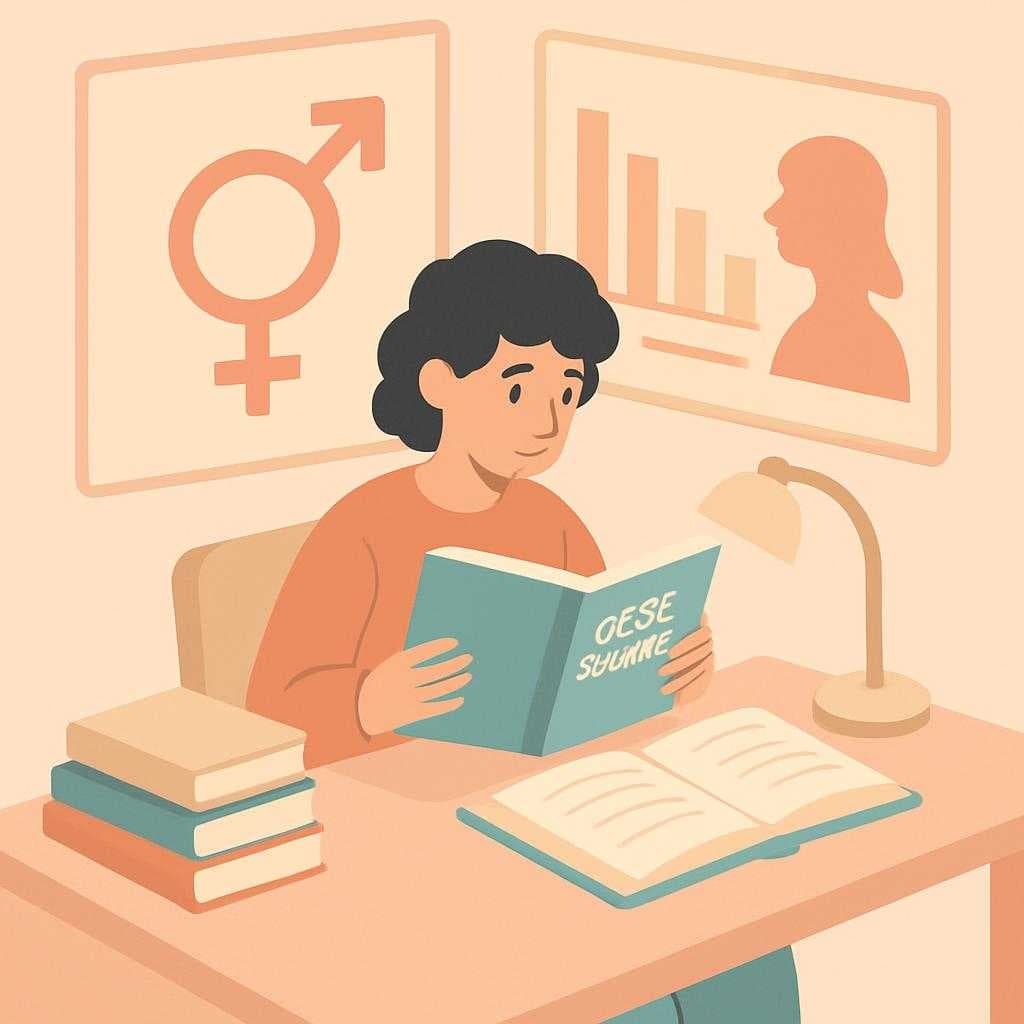Demystifying GCSE Sociology: The Role of Gender in Education
Understanding the Impact of Gender on Educational Success
As students embark on their GCSE Sociology journey, one of the intriguing topics they encounter is the role of gender in education. With exam boards like AQA, OCR, and Edexcel setting the standards, understanding this topic is crucial for achieving top marks. This blog post will delve into the dynamics between gender and educational achievement, providing insights and strategies for excelling in your exams.
The Gender Gap in Education
Over the years, the performance of boys and girls in education has been a point of significant sociological interest. Historically, boys outperformed girls in most subjects. However, recent trends show a reversal, with girls generally achieving higher grades in GCSEs. Understanding why this shift has occurred is vital for students studying sociology, as it reflects broader social changes.
Key Sociological Theories
When preparing for your GCSE Sociology exam, familiarize yourself with key theories that explain gender differences in education. Feminist theories, for instance, argue that traditional gender roles have historically limited girls' educational opportunities. Meanwhile, the concept of 'laddism' suggests that boys may underperform due to anti-school attitudes and peer pressure to conform to masculine norms.
Exam Board Expectations
Each exam board, be it AQA, Edexcel, or OCR, will have specific expectations regarding how students should approach questions on gender and education. It's important to review past papers and mark schemes to understand the nuances. For instance, AQA might focus on application and evaluation of theories, while OCR may emphasize the analysis of statistical data.
Strategies for Success
-
Understand Key Concepts: Ensure you have a solid grasp of concepts like gender socialization, the hidden curriculum, and gender stereotyping. These are often the foundation of exam questions.
-
Use Data Effectively: Be prepared to interpret and analyze data related to gender and education. Knowing how to read and critique statistics can help you stand out in exams.
-
Practice Past Papers: Regular practice with past exam questions from your specific exam board will familiarize you with the question format and improve your confidence.
-
Evaluate Theories Critically: When discussing sociological theories, always consider their strengths and limitations. Demonstrating critical thinking is crucial for higher-level answers.
Conclusion
Understanding the role of gender in education is a pivotal aspect of GCSE Sociology. By mastering key concepts and theories, and aligning your study techniques with the expectations of AQA, OCR, or Edexcel, you can excel in your exams. Remember, the world of sociology is ever-evolving, and your insights into gender dynamics can contribute to a broader understanding of society. Good luck with your studies!
